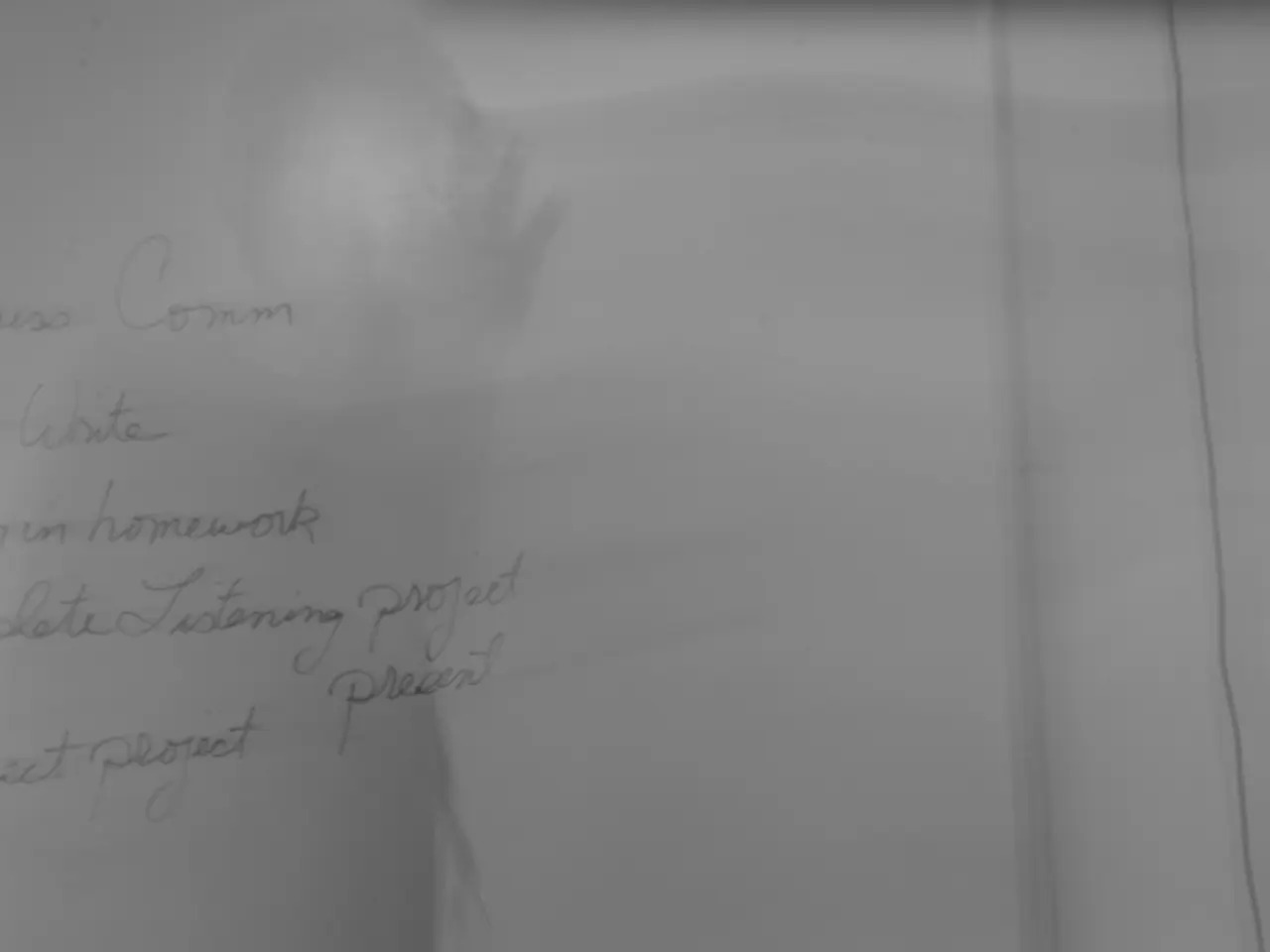Escalating Trade Conflict: Brazil Turns to WTO Instead of the White House in Trump-Lula Tariff Dispute
The ongoing Trump-Lula tariff dispute between the United States and Brazil has reached a critical point, straining relations between the two nations to their lowest in decades. The dispute started when President Donald Trump imposed a 50% tariff on a range of Brazilian exports, largely as a political measure linked to the judicial situation of former President Jair Bolsonaro, a close Trump ally who is currently under house arrest in Brazil.
In response, Brazil has announced a $5.5 billion credit package to support local exporters affected by the tariffs and extended tax credits for companies importing goods for export production. Despite the tensions, President Luiz Inácio Lula da Silva (Lula) has refrained from imposing retaliatory tariffs but has prepared a menu of potential retaliatory measures, including in areas such as patent protection, dividend taxation, and digital services. Brazil has also initiated a WTO dispute against the US over the tariffs.
The impact of this dispute is far-reaching. Bilateral trade has been disrupted, with the tariffs sharply increasing costs on Brazilian exports to the US, particularly in major agricultural and industrial sectors. The dispute has also worsened diplomatic relations, alienating Brazil from a key traditional ally in the Western Hemisphere. Lula’s government sees US actions as politically motivated and has had to balance domestic support with cautious responses to avoid escalation.
The tariffs on Brazil, along with similar measures on India, Russia, China, and South Africa, are contributing to growing trade tensions between the US and BRICS countries. This situation is fueling shifts in global economic alignments, with BRICS countries pushing back against what they perceive as US protectionism and attempts to influence internal politics through trade measures. Lula has rejected Trump’s invitation for direct trade talks amid this context of rising discord.
Despite the tensions, Lula has signalled a nuanced diplomatic approach, extending an invitation for climate cooperation while emphasising a willingness to remain open to negotiations. Lula has announced that he will personally invite Donald Trump to attend COP30, the UN Climate Change Conference scheduled to be held in Belem, Para, in November 2025. The Brazilian National Development Bank (BNDES) has approved $1.2 billion in climate adaptation funding for projects to be unveiled at the summit.
The outcome of the Trump-Lula tariff dispute may reshape trade diplomacy norms in an increasingly multipolar world. Brazil has won 68 percent of the trade disputes it has filed since 2000 at the WTO, and a formal WTO complaint against the US will be filed by late August 2025. Lula's approval ratings have remained stable at 54 percent, buoyed in part by nationalist sentiments surrounding the trade standoff. The Trump-Lula tariff dispute has become more than a bilateral disagreement; it is now a symbol of a shifting global order.
The Brazilian Environment Ministry expects over 130 world leaders to attend COP30, making it a significant opportunity for diplomatic engagement. The dispute is a critical test case for Latin America's economic sovereignty, according to Argentina's foreign trade advisor. The resolution of this dispute will have far-reaching implications for US-Brazil relations, global trade dynamics, and the balance of power in the BRICS framework.
- As the Trump-Lula tariff dispute intensifies, it's also shaping a new narrative in the realm of global politics, acting as a symbol of a changing world order.
- The escalating trade tensions between the US and BRICS countries, including Brazil, have instigated shifts in economic alignments on a global scale.
- Beyond the agricultural and industrial sectors, this dispute has disrupted bilateral trade between the US and Brazil, culminating in increased costs on Brazilian exports.
- In the aftermath of this dispute, Lula has made an effort to maintain a nuanced diplomatic approach, signaling an openness to negotiations while prioritizing climate cooperation.
- The mere possibility of retaliatory measures, such as those in patent protection or digital services, has the potential to impact extensive policy-and-legislation aspects between the two nations.
- While football, such as American football (NFL/NCAAC), car-accidents, crimes, fires, general-news, and war-and-conflicts might not seem directly connected to the trade dispute, their impact can be felt indirectly in various societies in this new global order.
- As the Brazilian Environment Ministry anticipates over 130 world leaders at COP30, this UN Climate Change Conference offers a substantial platform for diplomatic interactions, which could potentially influence the resolution of the ongoing US-Brazil trade disagreement.








